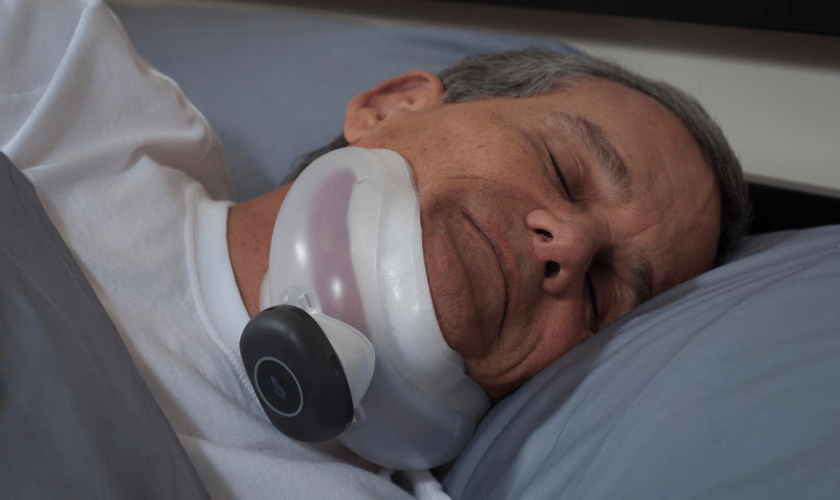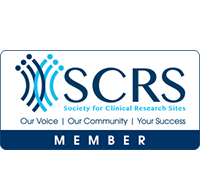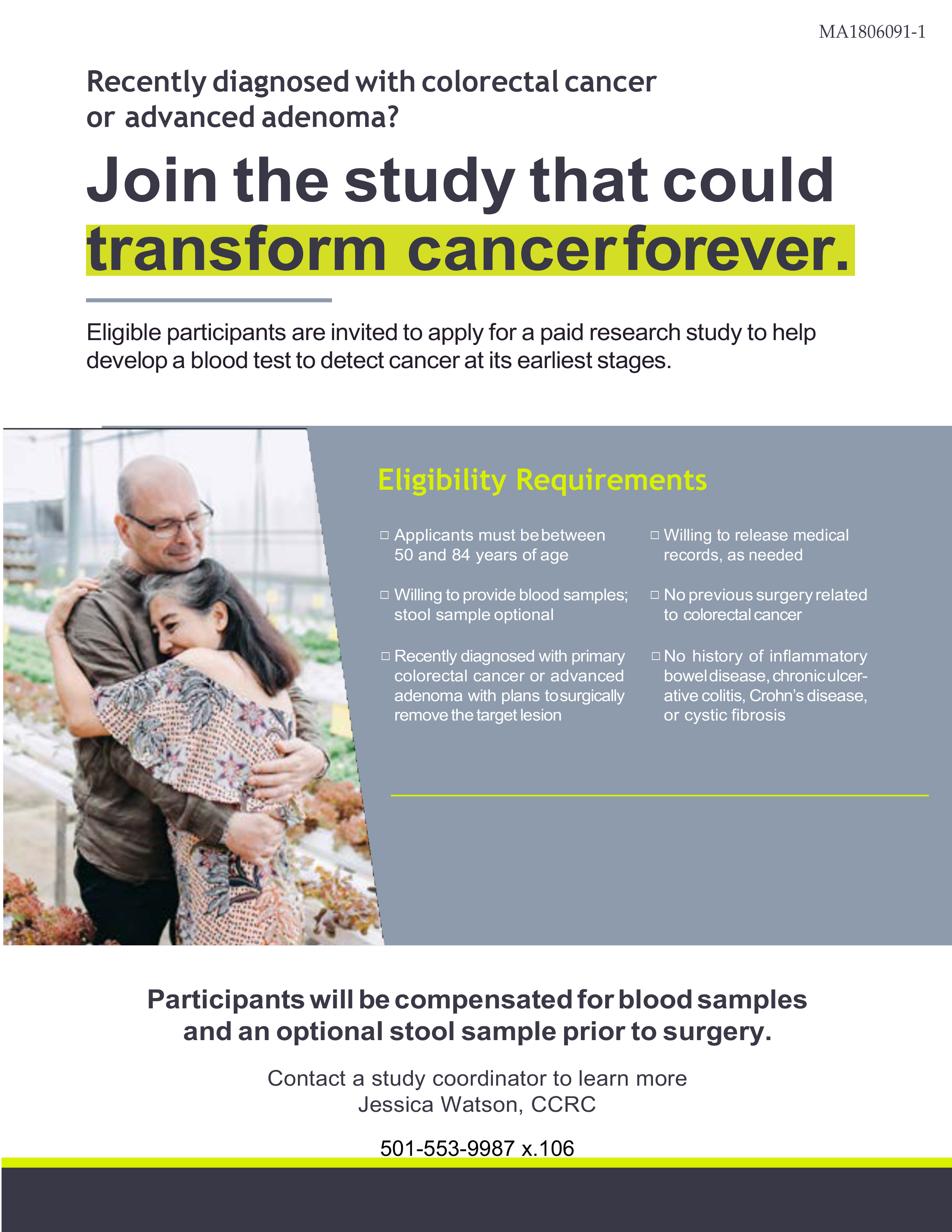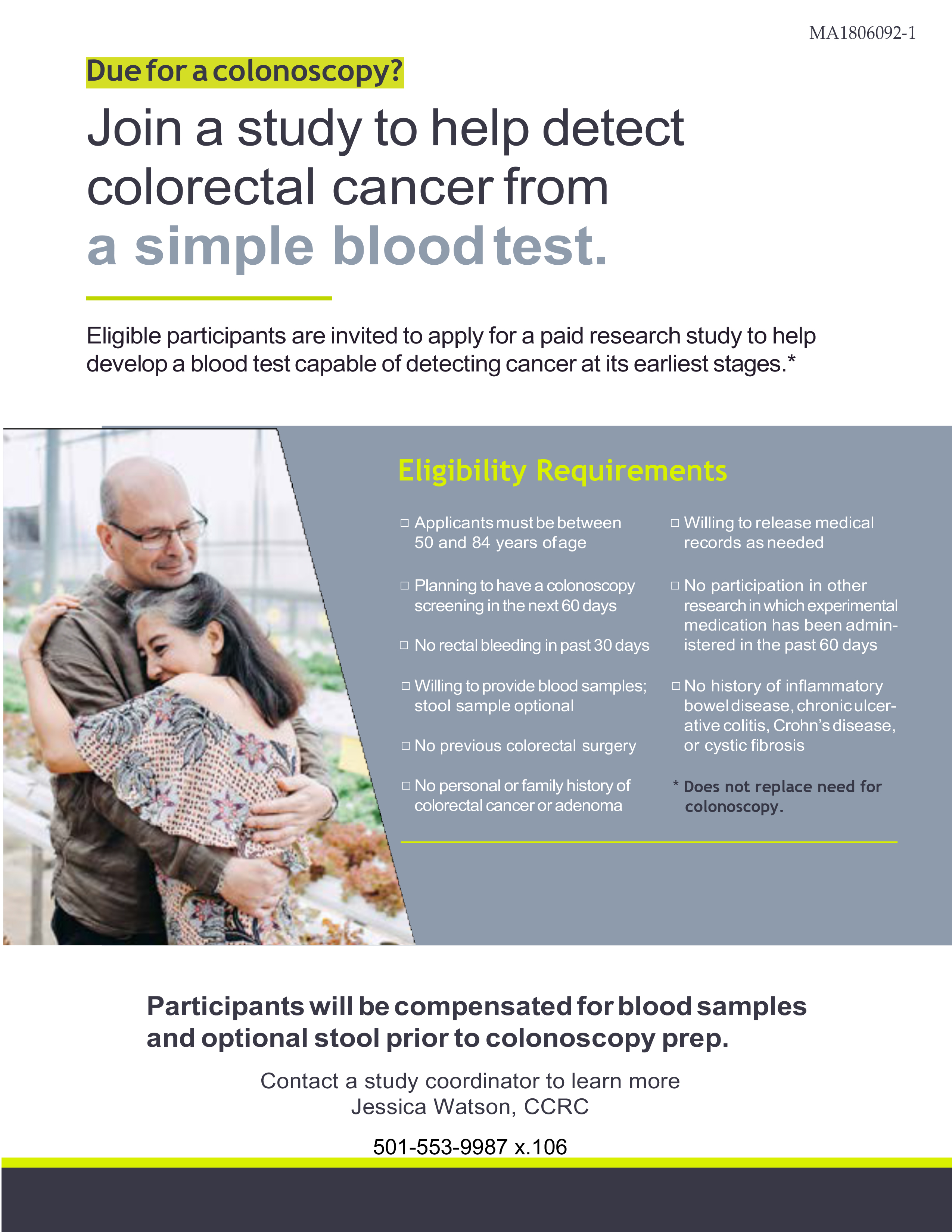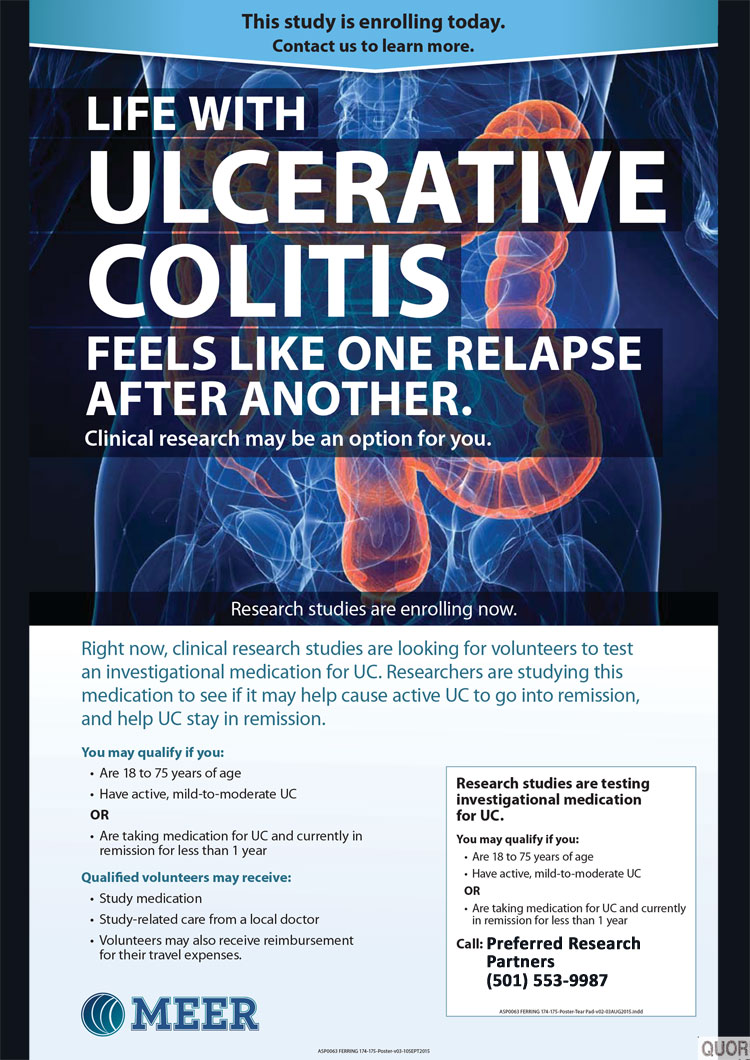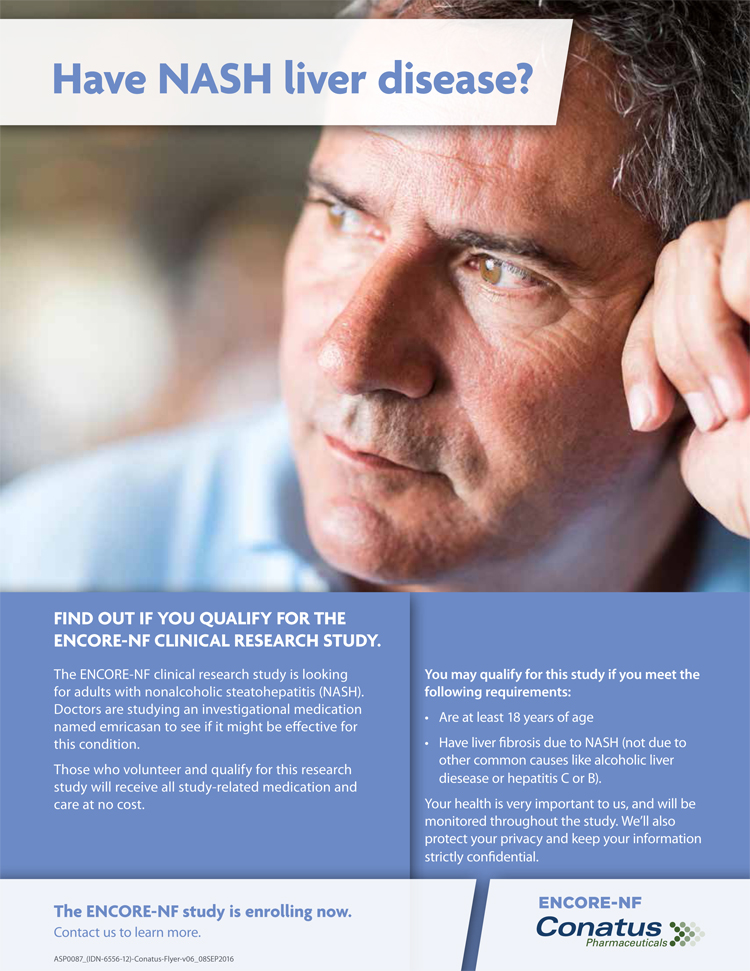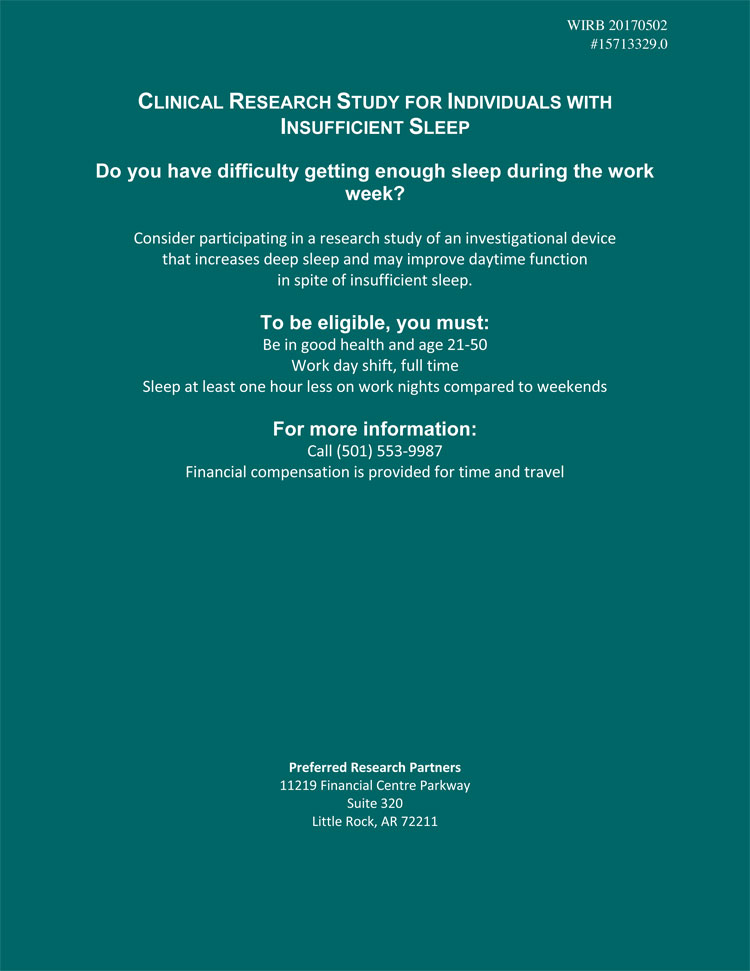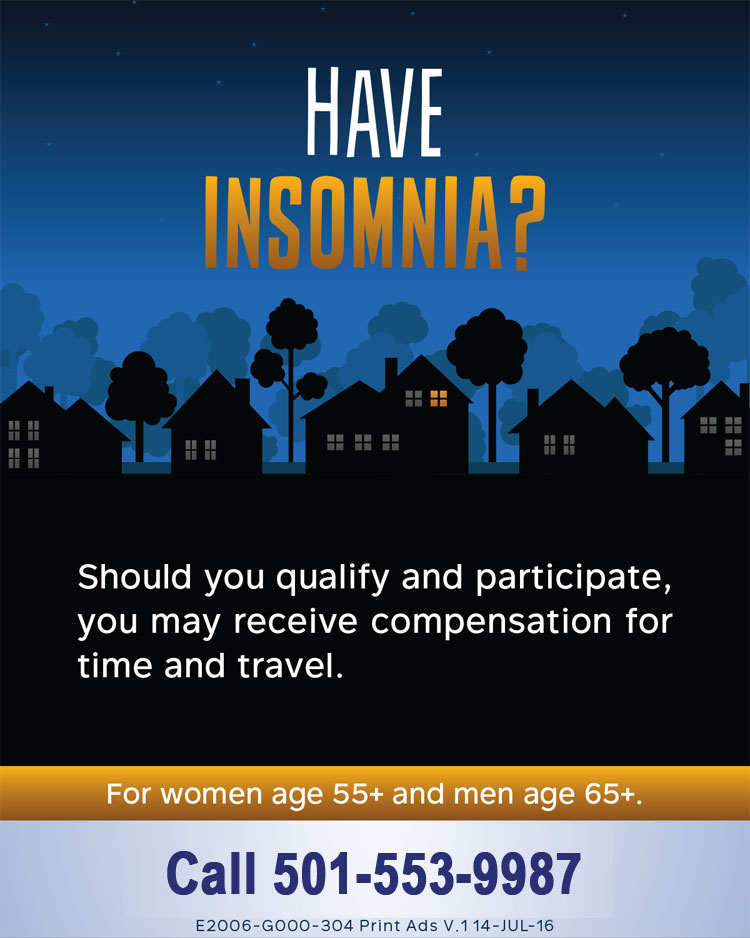Do you feel tired even after a full night’s sleep? Have you been told you snore in your sleep? You might have sleep apnea. Sleep apnea is a potentially serious sleep disorder in which breathing repeatedly stops and starts while you are sleeping.
Symptoms Of Sleep Apnea
- Excessive daytime sleepiness
- Insomnia
- Nightmares
- Sleep deprivation
- Snoring
- Episodes of no breathing
- Breathing through the mouth
- Loud breathing
People may experience any or all the symptoms above. Some other common symptoms that people with sleep apnea may experience are depression, dry mouth, dry throat, fatigue, headache, irritability, mood swings, or weight gain. If you or your partner notice these symptoms, you should consult with your doctor or medical professional to see if you have sleep apnea.
What Happens If Sleep Apnea Goes Untreated?
If you do not get treated for sleep apnea, there is potential for more serious side effects to develop. Some of the side effects may include hypertension, stroke, arrhythmias, cardiomyopathy (enlargement of the muscle tissue of the heart), heart failure, diabetes, obesity, and heart attacks. Sleep apnea left untreated can be the cause of high blood pressure due to lowering of oxygen levels, changes in carbon dioxide levels, pressure changes in the chest, and increased levels of markers of inflammation.
Treatment For Sleep Apnea
The most common treatment options for sleep apnea include:
- Machines such as a CPAP Machine, BiPAP Machine, ASV and Other Machines, are devices used to help manage your sleep apnea. The CPAP keeps your airway open which helps you snore less (or not at all) and sleep better. The BiPAP is like a CPAP in that it provides a stream of air to keep your airways open, but if you have trouble exhaling, it gives you less air while you breathe out. The ASV adapts and adjusts airflow based on your breathing. It will be important to speak with your doctor to find out what might be the best choice for you.
- Oral Appliances (MADs) are mouthpieces designed to bring your jaw forward to open your airway. Others may hold your tongue in place. Many are customized by dentists. There are over-the-counter options, too.
- Self-care or lifestyle changes can be made to help manage your sleep apnea. Weight is sometimes a factor that contributes to sleep apnea such as obesity. Fat deposits in your upper airway can limit airflow and keep muscles there from doing their job. Therefore, exercise and weight-loss may help manage sleep apnea. Another lifestyle change that may help your sleep apnea is limiting alcohol intake. Too much alcohol can lead to a narrow airway, which can make episodes of sleep apnea last longer. Congested nasal airways due to things like allergies, can also cause sleep apnea. A nasal decongestant or breathing strip may help open your airways and make breathing easier.
Clinical Study Opportunity for Sleep Apnea Treatment
Are you or your loved one struggling with sleep apnea? Preferred Research Partners is now enrolling adults for an investigational device study for treating obstructive sleep apnea. No masks or hoses! Visit www.preferredresearchpartners.com or call us at (501) 553-9987 to see if you qualify.

